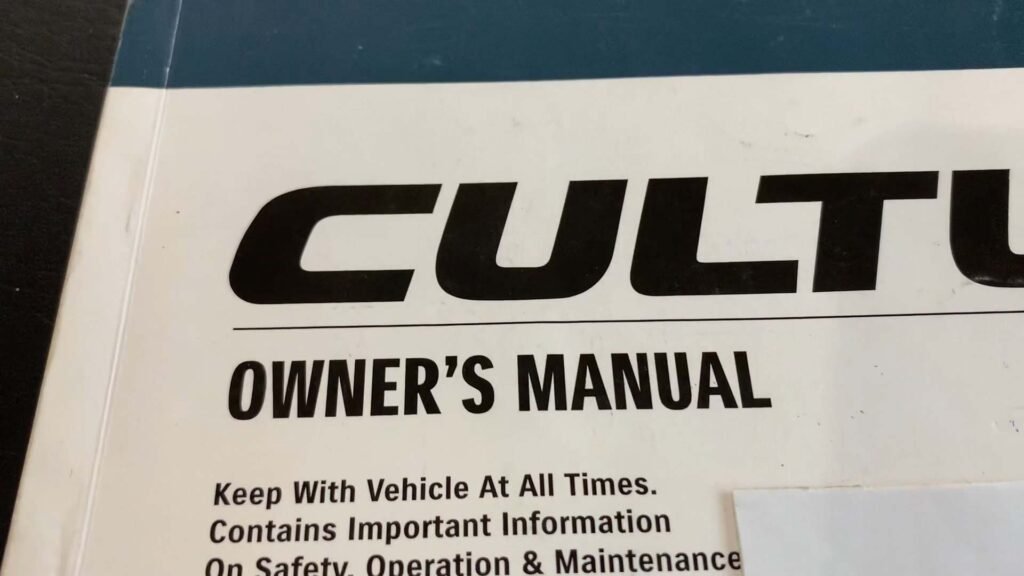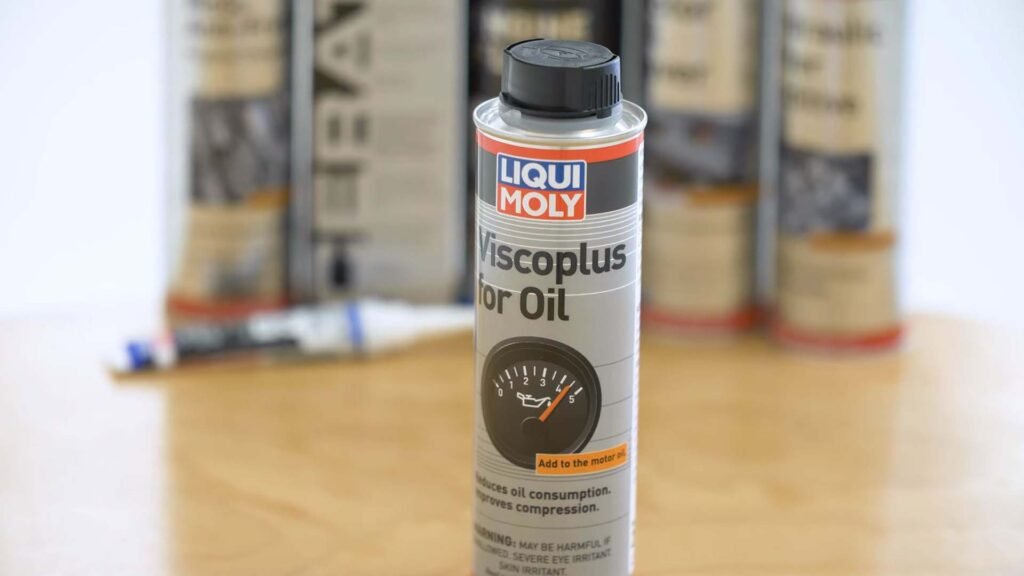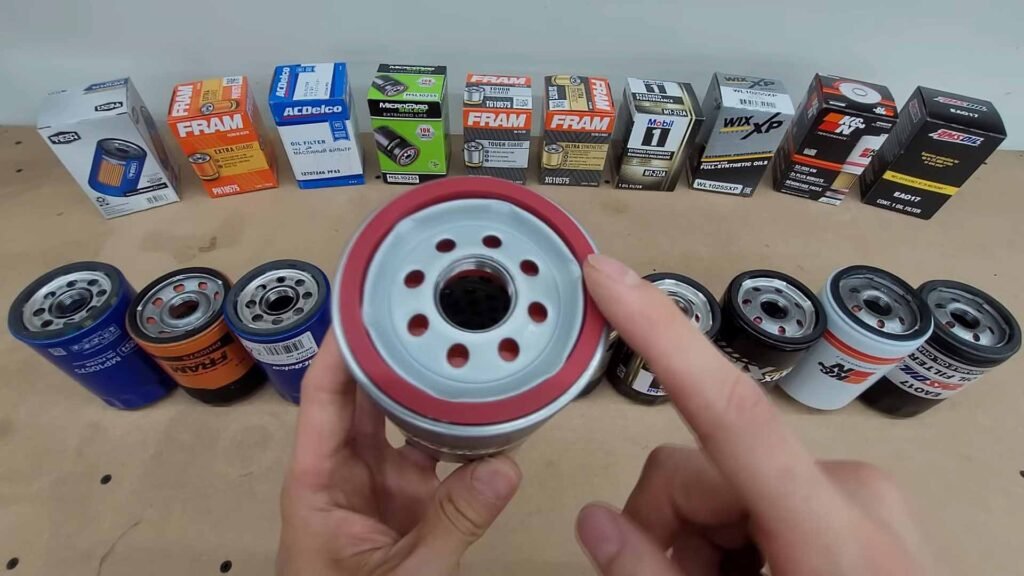Engine oil is the second most important liquid in your car after fuel. Selecting a suitable brand and grade for engine oil could be a difficult decision for the new car user. In this guide, we will increase your knowledge about engine oils so that you can easily decide which engine oil would be suitable for your car.
Refer owner’s manual

The first and simplest way is to check the owner’s manual. You can easily find which engine oil brand and grade you should use. Car manufacturers provide details of the engine oil to be used in the car as they know better about the structure and quality of the car’s engine. It is also recommended to always buy the engine oil from an authorized dealer.
Oil Grade
Viscosity and oil grade are the most important factors in making the decision to select the perfect oil for your car’s engine. There are two numerical values in the oil grade code that determine the level of viscosity. In simple words, viscosity is the speed of engine oil flow to minimize friction effect. If the engine oil is thicker it means the engine will need more power to flow which can result in a bad fuel average.

Example: For 0W-30 grade oil, 0W refers to the viscosity of oil at low temperature and 30 shows the viscosity level at high temperature. The higher the numeric number greater the viscosity. Normally thinner (0W-30) oil is recommended for new engines and thicker (20W-50) oil is recommended for older engines. You should always consult the owner’s manual before making any final decision.
Synthetic vs nonsynthetic
Synthetic engine oils are chemically modified in a lab and are designed for long mileage and high performance under extreme conditions. These oils contain additional additives as compared to conventional engine oils. These oils are higher in price but serve your engine in a better way. Every car does not need to use synthetic oil. If you do not have a limited budget and do not want often oil changes then you can go towards synthetic oil, but again you also need to keep in mind the directions in your car’s manual provided by the manufacturer.
Engine’s age and health
The engine’s age and its health are the other factors to keep in view before selecting the perfect oil for your engine. If the engine is new just follow the recommendations from the manufacturer. If your engine is old and not in good health and keeps decreasing the oil level then you can go with the thicker engine oil (20W-50). You may also need to top up the oil if your car is constantly consuming the engine oil with the fuel, but it is a temporary solution and you will need to get major engine repairs from a mechanic for a permanent solution.
Oil Additives
Adding branded oil additives can also increase engine performance and fuel efficiency. Some oil manufacturers brands already add additives for optimal performance like fully synthetic oils. If you are using conventional engine oil then you can also add oil additives according to your needs.

There are hundreds of additives available nowadays. For example, if your car is having a blue smoke at the start then you can add STOP SMOKE additive with the engine oil. Similarly, if your car is consuming the engine oil with the fuel then you can use the OIL SAVER additive. Adding the additives with engine oil not only provides a temporary solution for your car engine problems but some other additives can also increase the life of your car engine for example CERATEC additive decreases the wear and tear to your engine and increases the life of your engine. The names of the additives could vary for different brands. Please refer to the instructions written on the additives bottle before using it.
Standards
There are some standards set by the concerned authorities to provide optimal performance and fuel efficiency. Some of the standards are.
API (American Petroleum Institute)
ACEA (Association of Certified European Automakers
ILSAC (International Lubricant Standardization and Approval Committee)
SAE ( Society of Automotive Engineers)
You can read your car’s manual to check the recommended standard if any.
Driving habits and conditions
Driving conditions and habits should also be considered while making the decision about your car’s engine oil. If you do not care about the fuel economy and you normally drive the car fast then you can expect more wear and tear as compared to a normal driving style. Also if the weather conditions are extreme in your driving area you must select the engine oil nature accordingly. You can also add a suitable additive to overcome the effect as discussed earlier.
Oil filter

While selecting a suitable engine oil for your car it is recommended to buy the oil filter as well. Always use the exact manufacturer and model for your oil filter. Buying a car filter from a third party can be cost-effective but may not be as reliable as a genuine one.
Conclusion
Always use the recommended engine oil grade and standards by the car manufacturer. If your engine is old, unhealthy, or has extreme driving conditions then you can consider other options including the use of some oil additives.
